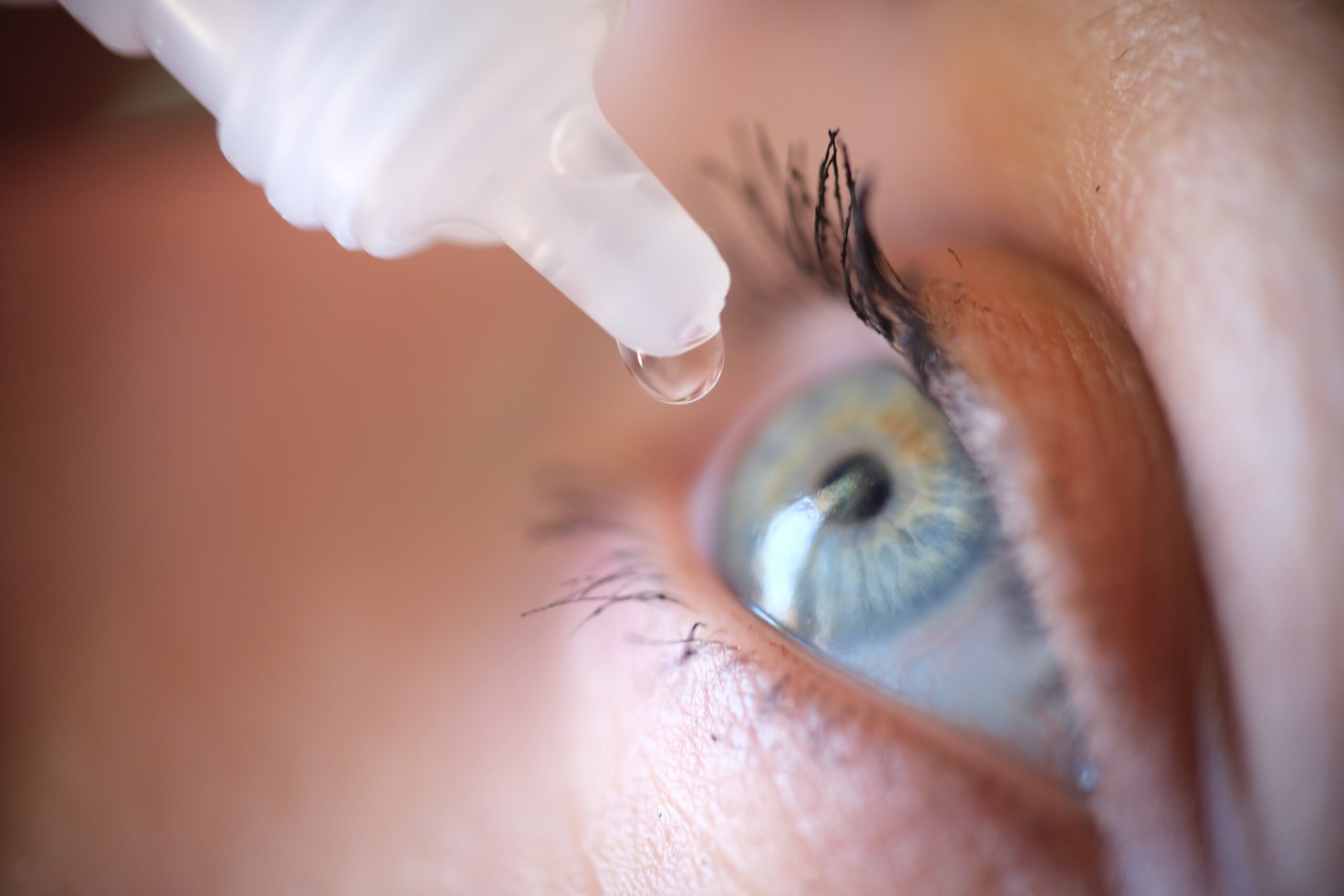
Health News
Features
-
Take it from a patient who knows: Learning healthy habits in the classroom of life
MIKE NOLAND has been through the school of hard knocks. He has survived heart disease, cancer, and alcoholism. At 77, he’s a survivor who’s learned — sometimes the hard way — how to lead a healthier lifestyle.
-
Pediatric unit opens at Winter Haven Women’s Hospital
WINTER HAVEN WOMEN’S HOSPITAL announces the opening of its new pediatric unit. The new pediatric unit is now extending care and accepting patients as an added benefit to the community — providing the same quality of care to children that residents have always relied on at Winter Haven Hospital.
-
Q&A on stopping dental problems before they start
Doug Harvey, dental program manager at FDOH-Polk, talks preventive care to help you remain the picture of oral health FIRST IMPRESSIONS are the currency of our culture, and you want yours to be worth a million bucks, right? But we all need a little help sometimes keeping our pearly whites in tip-top condition. Central Florida…
Columns
-
Understanding Abdominal Aortic Aneurysm
An aneurysm is a weakening or dilatation in a part of an artery. About 15,000 people die of ruptured abdominal aortic aneurysm (AAA) every year in the U.S. About 200,000 new cases of AAA are diagnosed every year. Most of these are diagnosed by tests that are done for unrelated reasons. The aorta is the…
-
A Guide to Over-the-Counter Artificial Tears for Dry Eye
by Chelsea Hollier, O.D. Dry eye disease, also known as Keratoconjunctivitis Sicca, is a prevalent condition characterized by insufficient tear production (aqueous deficient dry eye) or poor tear quality (evaporative dry eye). It affects millions worldwide, leading to discomfort and irritation. Fortunately, over-the-counter (OTC) artificial tears provide relief and aid in managing symptoms. Dry eye…
-
3 Options for Thoracic Aortic Aneurysm Management
In the previous two columns, I discussed aneurysms that occur in the aorta situated in the chest cavity. In this article, I will explain the various types of treatment options available for those thoracic aortic aneurysms. In general, outcomes favor endovascular repair over open repair as open repair is associated with higher rates of morbidity…





